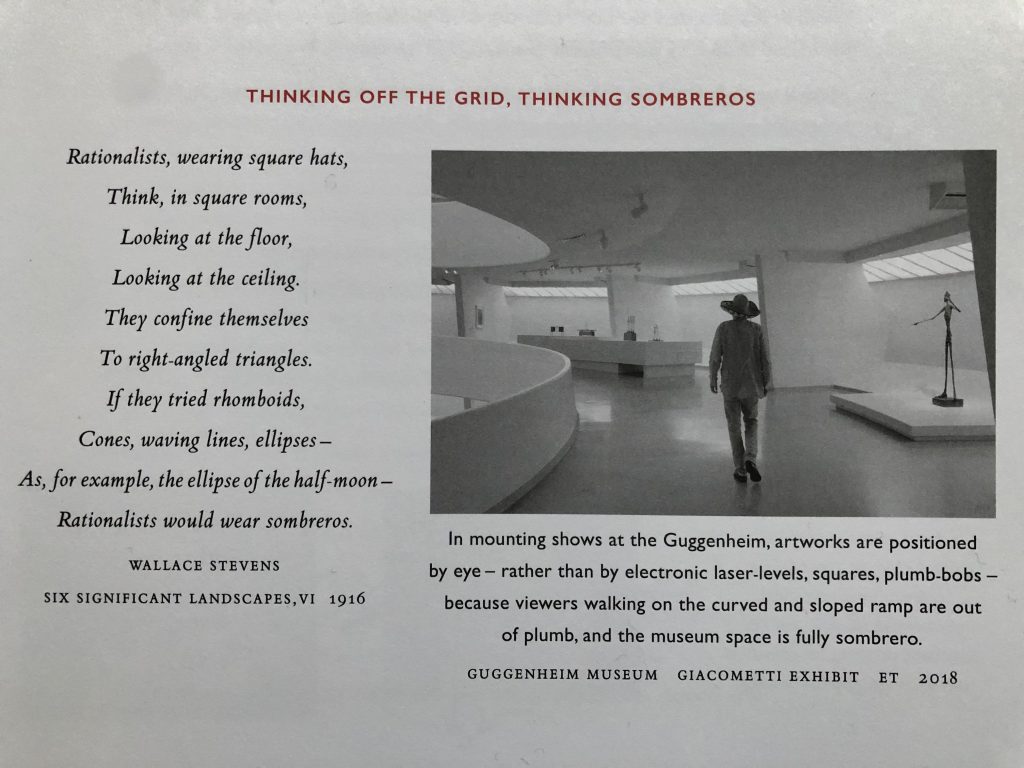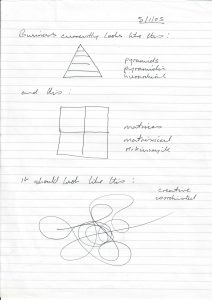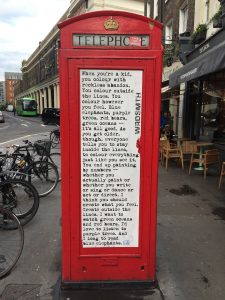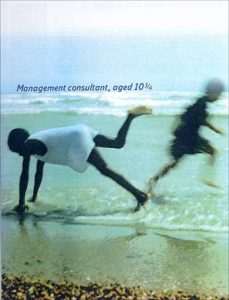Poetic possibilities…
When it comes to innovating, what part do facts play?
In his Selected Writings, Ralph Waldo Emerson puts them firmly in their place: “Whoever discredits analogy, and requires heaps of facts, before any theories can be attempted, has no poetic power, and nothing original or beautiful will be produced by him.” This chimes with one of the many good things Storied CEO Michael Margolis has to say in his conversation with Chris Do, CEO of The Futur™: “Data is a story of the past, whereas disruption is a story about the future. So we have to start with the future first, and then we use the past, the data, to legitimise and validate the future we’re trying to create. Most of us have that order or sequence turned upside down. We’re constantly looking backwards instead of looking forwards. And this is where we trap ourselves within a past story or within even an existing narrative that may not be the right story for the future we’re trying to create… For any of us who are leading change or doing something that’s new and different – you’re being hired for your possibility mindset, the ability to see and name the possibilities and the opportunities amidst change, amidst constraints. But we often are leading with the data, trying to prove and validate something and trying to posture instead of widening the aperture and really unlocking the creative mojo and the generativeness in any situation.”
Whether it’s Waldo’s ‘poetic power‘ or Michael’s ‘possibility mindset‘, the key here is to prioritise and encourage the freedom to imagine. To explore in full the poetic possibilities.
Looking to innovate? Dream more; let the facts follow…



